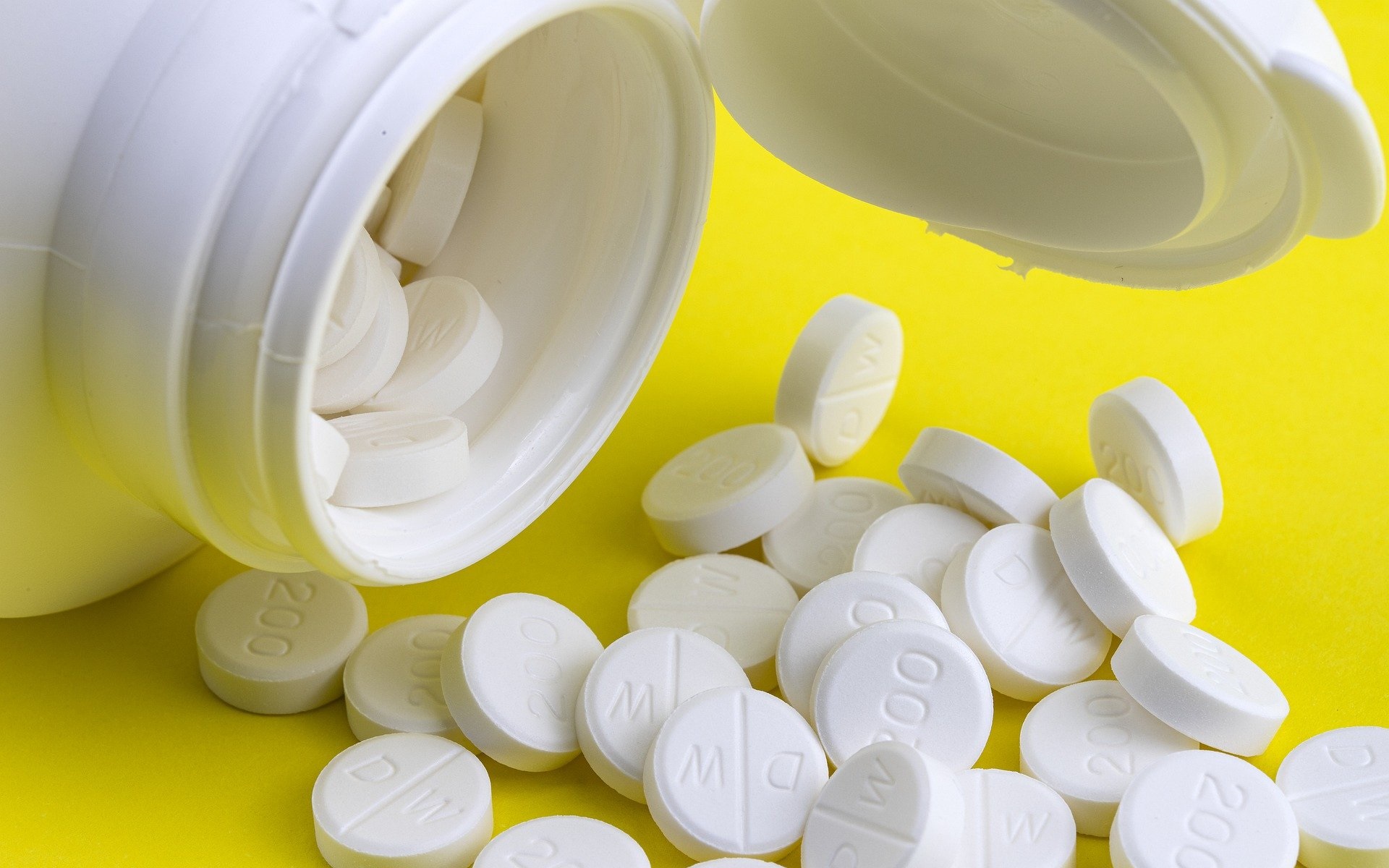
Exercise for Sickness
Acute respiratory diseases spare no one. Hello, autumn, and with it cough, runny nose and malaise. How to exercise when you are sick? Or should we give them up altogether? What kind of training after illness is a priority? Now we’ll find out!
Can I work out if I’m sick?
In short, working out when you’re sick is unacceptable. During a workout, the blood will rush through the body faster. And with it, the virus will spread quickly. This will definitely delay the healing process or aggravate the course of the disease. Cell regeneration will take much longer than usual.
But even if you do a workout, it will be pointless – there will be no muscle growth, but you will run out of resources. You will be forcing the body to work instead of expending energy to eliminate the disease. You can’t do it that way!
If your body temperature is also high, it shows that the body is actively fighting the virus.
Even with a slight increase in temperature it is strictly forbidden to train!
If you have already planned a workout, but have felt the signs of illness, it is worth to postpone the exercise until you are fully recovered.
To be fair, it is worth noting that some studies on the tandem “SARS + sports” have been conducted. In their course, it was noticed that training during an illness has no effect on the course of the disease. Perhaps they are neutral. But do not take risks, it’s better to consult a doctor, whether it is worth an additional load on the body during an illness.
Most athletes do not train during acute respiratory infections and acute respiratory viral infections – they give the body a chance to rest.
Feeling sick “on your feet” can lead to complications.
Of course, everything can work out without consequences, we all at least once in our lives went to work with a runny nose or even worked out with a malaise. But it is better to rest, stick to bed rest.
What to do during a cold
Your job is to help your body fight the plague as much as possible.
It will help you:
- Sleep a lot – regeneration and rest takes place in sleep;
- Eat light foods – for vitamins and energy to fight viruses;
- Treat symptomatically – but don’t go overboard with pharmacy drugs and folk medicine, most OCDs have no cure;
- walk, read, relax – spend time outdoors, not watching TV;
- think – how you will properly and accurately return to training after an illness.
Allowed Activities
If you really want to do sports and have the strength for it, you can in a light form and at a relaxed pace:
- do some stretching;
- try joint exercises;
- Work with your own weight.
Workouts when you are sick should be short and not intensive. Do not overdo it, it is not necessary now. As soon as you feel tired, dizzy or otherwise worsen, stop.
How to train after a cold
If you already feel healthy, but there are still signs of illness (slight cough, runny nose, general weakness), the answer is the same – training is undesirable. Wait a few days until you have fully recovered. Allow your body to fully recover from the fight against the disease. Do not rush to the gym, sometimes you need 2-3 weeks: the more intensive your training, the longer the break should be and softer the transition to training after illness.
Go back to your classes calmly. Start with simple exercises and a small number of sets. With each workout increase the load until you are back to your usual regime. Don’t try to make up for lost time in 1 session.
Regular sport is the best prevention of colds. When the body works smoothly, the disease affects it less often. A sporty body has a strong immune system that is able to resist viruses and infections.
A few touches to the portrait of a strong immune system:
- Eat right and often.
- Include honey, pollen and propolis in your diet. Unless you are allergic, of course. Eat onions and garlic.
- Add vitamin C. You can take it from food or buy it in the pharmacy in tablets. Better yet, take a full vitamin complex several times a year.
- Give your body plenty of water.
- Get plenty of rest.
- Don’t forget about wet cleaning at home.
- Watch your personal hygiene: wash your hands often.
- Don’t overexert yourself.
- Start to harden your body. This will help your body fight disease.
If you approach the disease wisely, you can be on your feet in a few days and resume your normal rhythm of life. It is not necessary to prove anything to anyone by exercising as usual. Love yourself and help your body. Work as a team against the disease and you are sure to win with minimal losses. Be healthy!